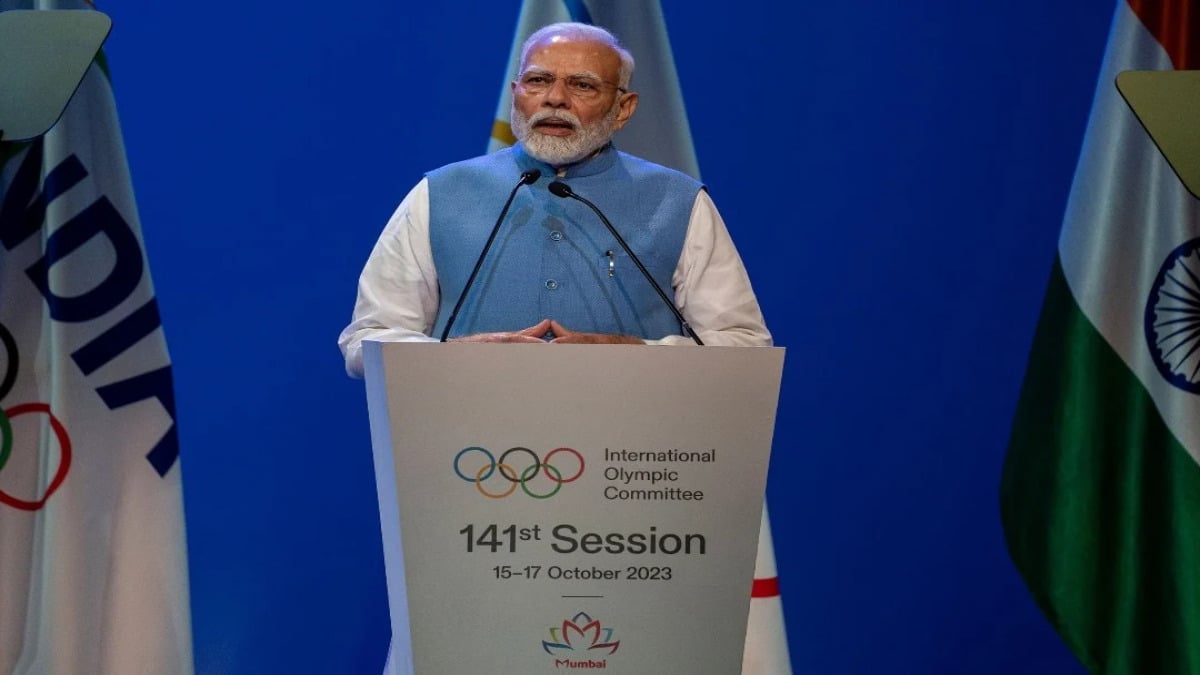Hosting the Olympics is indeed a monumental task that requires substantial financial resources. The cost of organizing the Olympic Games has been historically high, with the estimated cost of the 2016 Summer Games in Rio de Janeiro being approximately US$ 11.1 billion. The average cost for the Summer Games since 1960 is around $5.2 billion (USD), and for the Winter Games, it’s $393.1 million dollars. The highest recorded total cost was the 2014 Sochi Winter Olympics, costing approximately US$55 billion.
If India were to host the Olympics, it would need to prepare a budget that accounts for these high costs. This would involve significant investments in infrastructure, including sports facilities and accommodations for athletes and visitors. The International Olympic Committee requires a minimum of 40,000 hotel rooms available for visiting spectators and an Olympic Village that can house 15,000 athletes, referees, and officials.
However, it’s important to note that these are just averages and the actual cost can vary greatly depending on various factors such as the existing infrastructure of the host city, the scale of the event, security measures, and more.
In terms of India’s annual budget, it is set by the Ministry of Finance for each financial year. The budget identifies planned government spending and expected government revenue. While I don’t have the exact figures for India’s annual budget at this moment, hosting an event like the Olympics would likely require a significant portion of it.
It’s also worth noting that while hosting the Olympics can be costly, it can also bring potential benefits such as boosting tourism, creating jobs, and promoting sports in the country. But, it’s important to remember that we must balance these advantages with the costs. Only then can we decide if it’s a good idea for India to host the Olympics.


